As the settlers began moving West, they reportedly encountered purple mountain majesties and amber waves of grain instead of immaculate, ankle-high, waste-of-two-hours-of-my-Saturday that is often referred to as a lawn.
But the problem is not just my lawn; it’s the 23 million acres of lawns in the U.S. that Americans pour $30 billion into every year for the sole purpose of keeping those lawns green and pristine.
During the summer, Americans sprinkle, hose, and spray 49 billion gallons of water onto their lawns every week according to a study by the Environmental Protection Agency. To put such a large number into perspective, that is enough water to fill 81,666 Olympic-sized pools. A whole summer’s worth of water could properly hydrate 176 million acres of organic farm land.
Get that? With all the water we dump on our 23 million acres of lawns, we could be irrigating over seven and a half times as much land that actually produces food.
Wasting water isn’t the only concern: all American lawns use 10 times as many pesticides as all farms in the U.S. One hundred percent of these chemicals pose a risk to our health. They are absorbed into the water we drink, the air we breathe, even some of the food we eat, and cause a plethora of problems. According to a University of Florida study, the chemicals we put into our lawns have been linked to increased rates of cancer and birth defects.
The settlers had many more dangers to face, especially from bears, but at least they could drink from a stream without fear of tumors or mutant children.
Some people might try to defend lawns, saying that they create jobs in a market that desperately needs more. I myself receive $20 every week for mowing and edging my lawn. But with all of the waste and harmful health effects created by the quest for the perfect lawn, is this really an area we want to invest in?
I will admit lawns are not all bad. They provide a wonderful space to play soccer or croquette or just lie in, but only a fraction of what we have is actually needed for such activities. And maybe with a little less, people will start taking advantage of all the space that they do have.






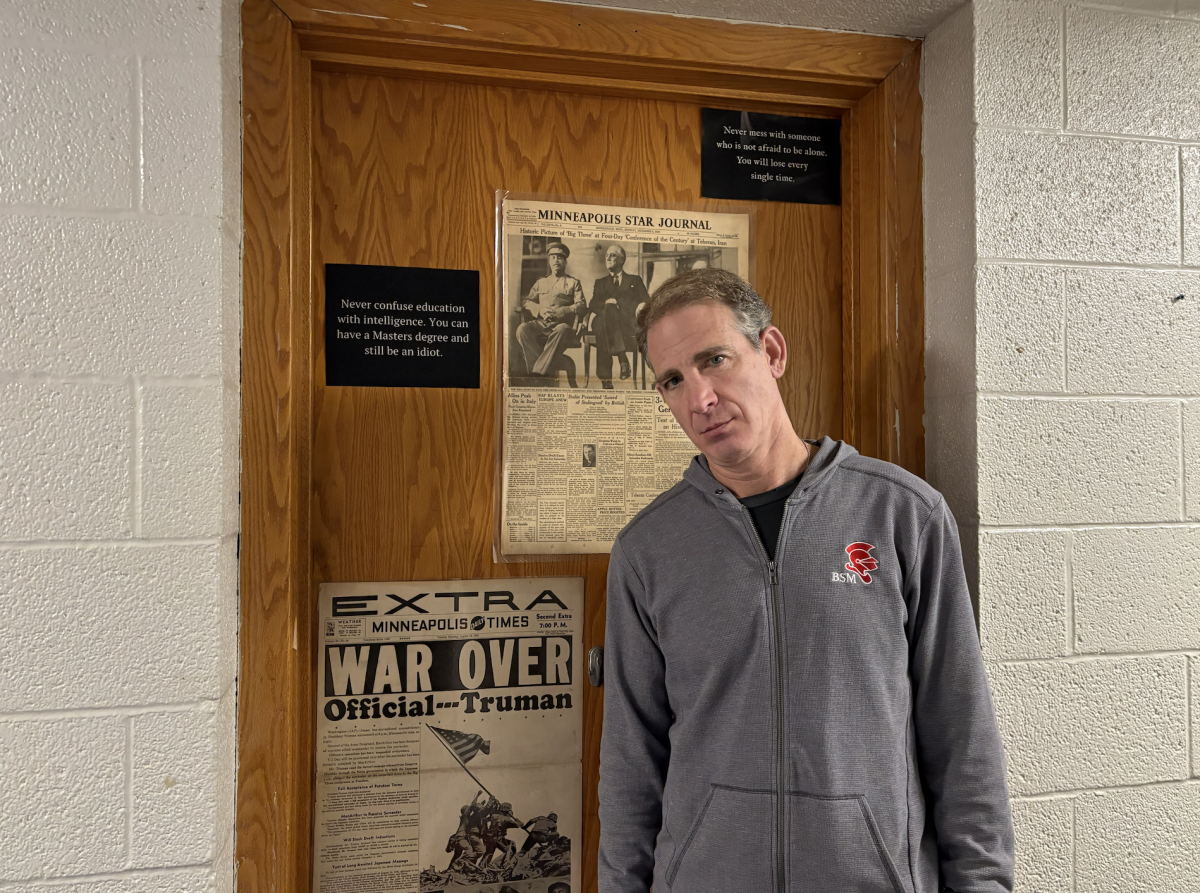



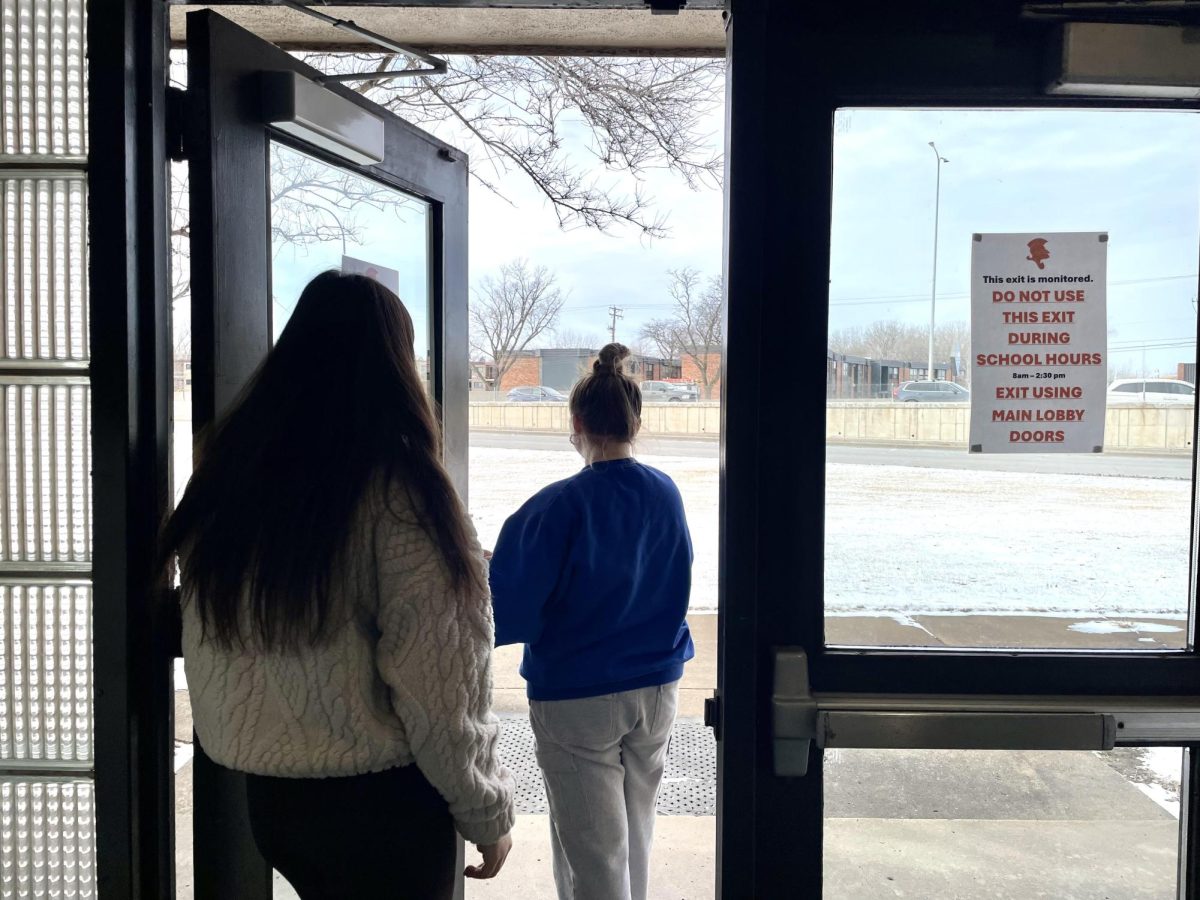






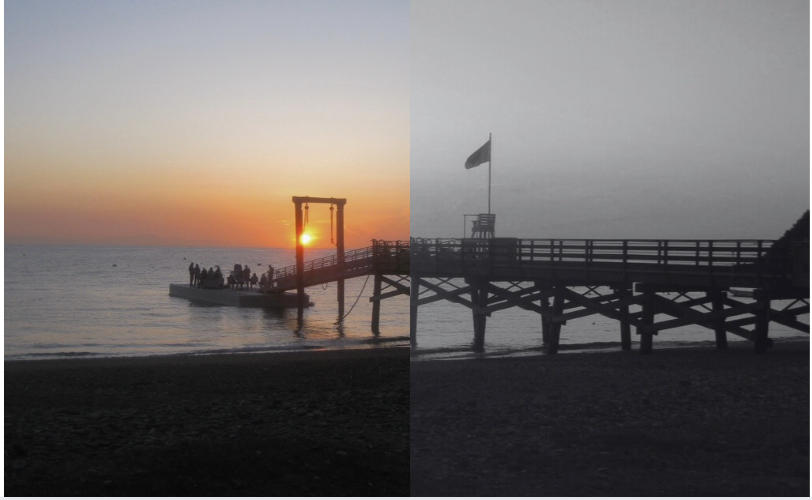

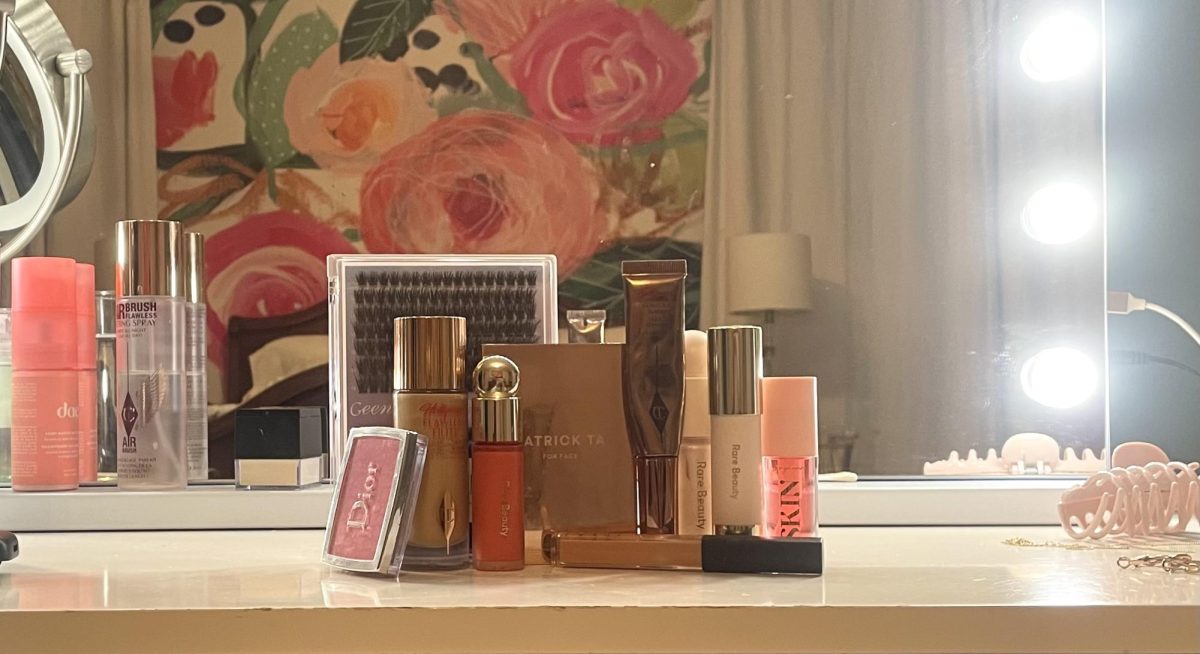



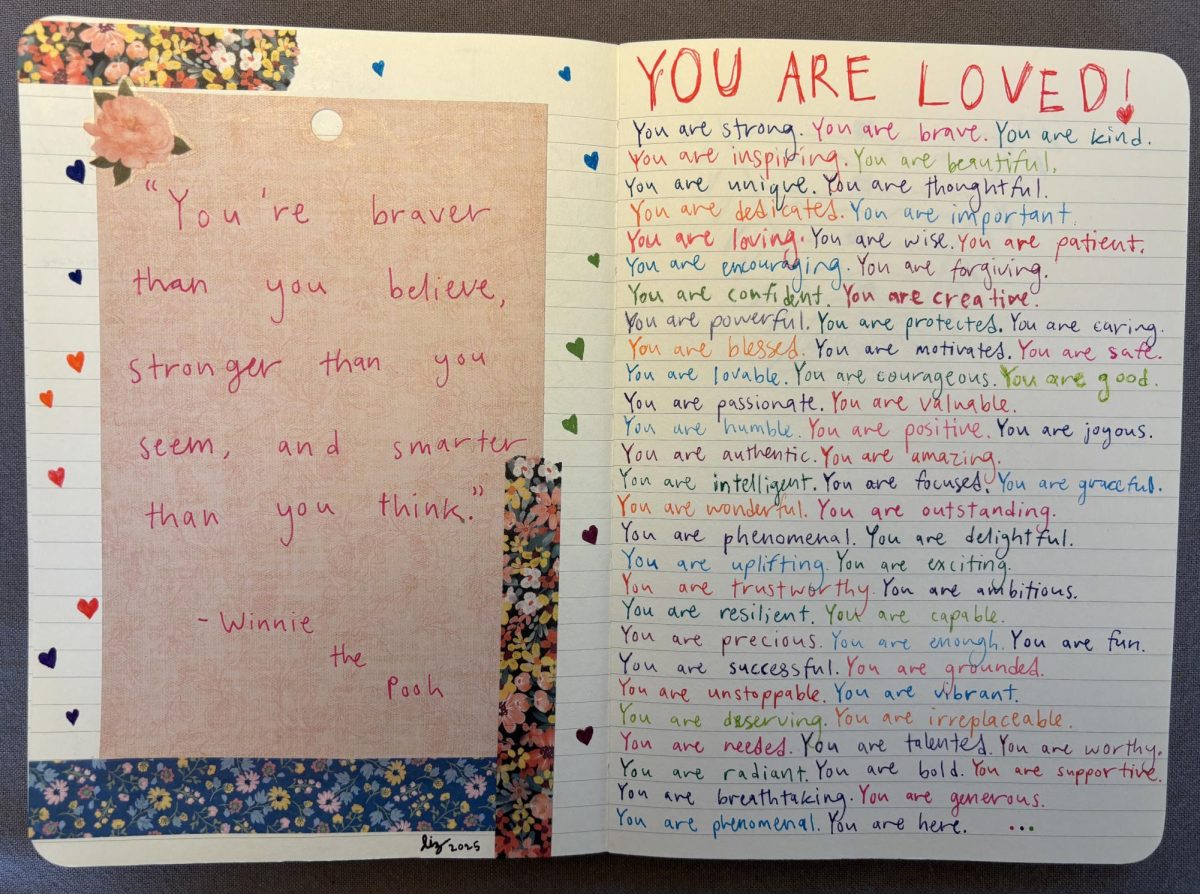
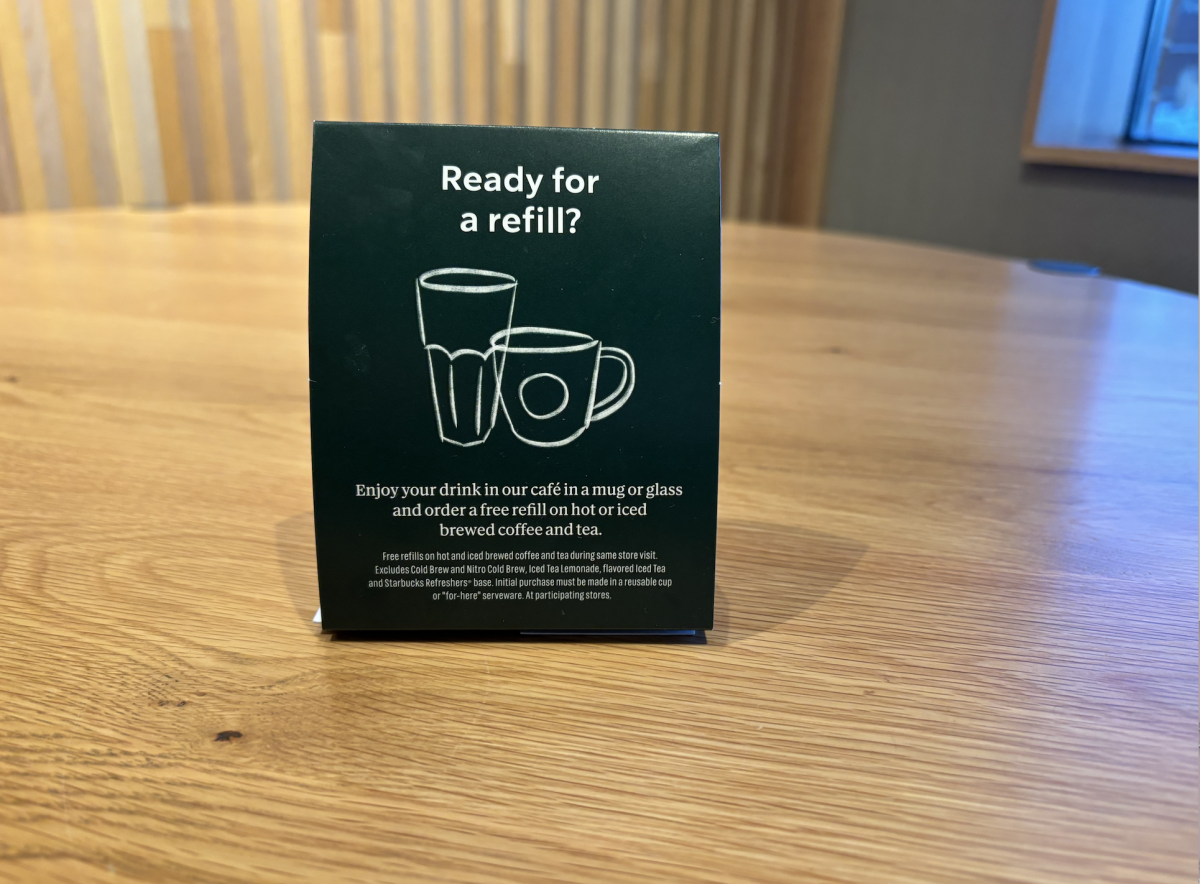


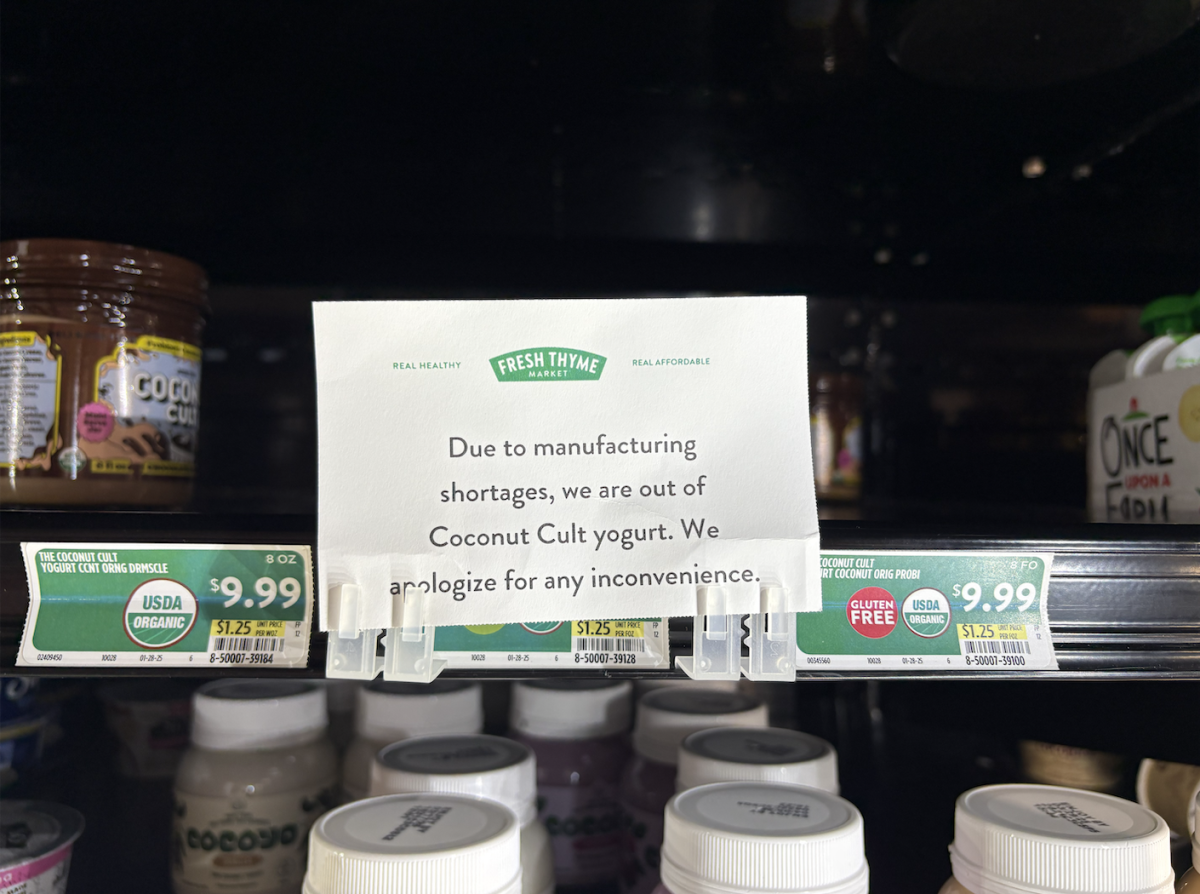
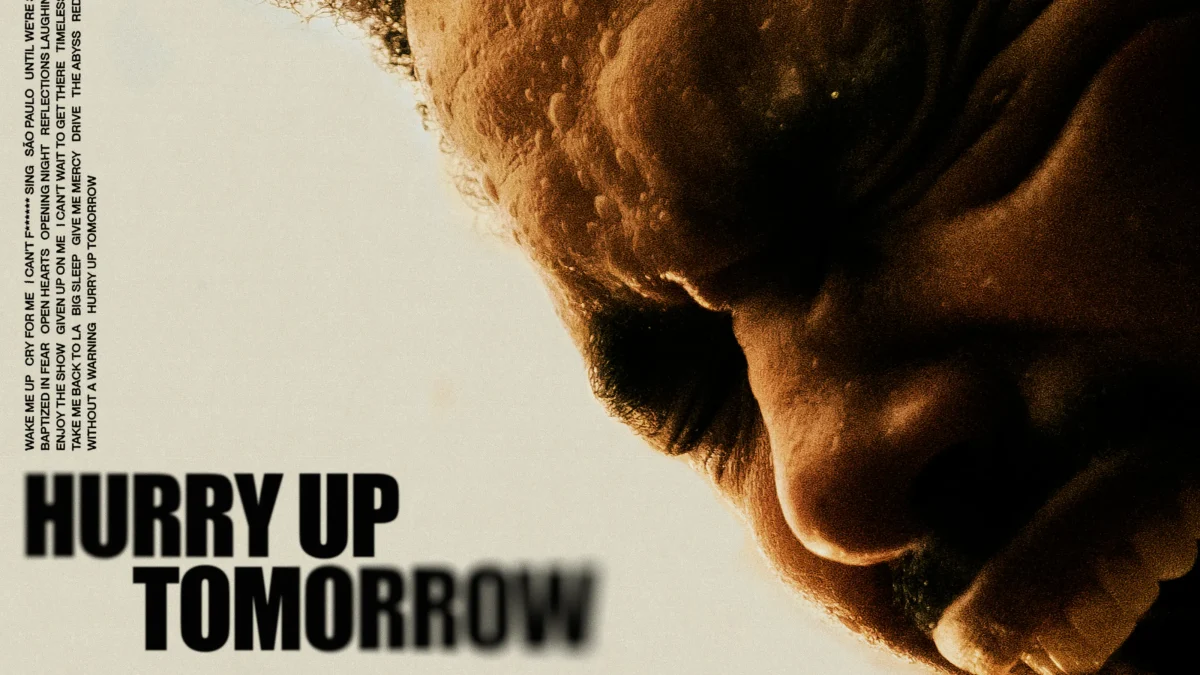







![Teacher Lore: Mr. Henderson [Podcast]](https://bsmknighterrant.org/wp-content/uploads/2025/03/teacherlorelogo-1200x685.png)
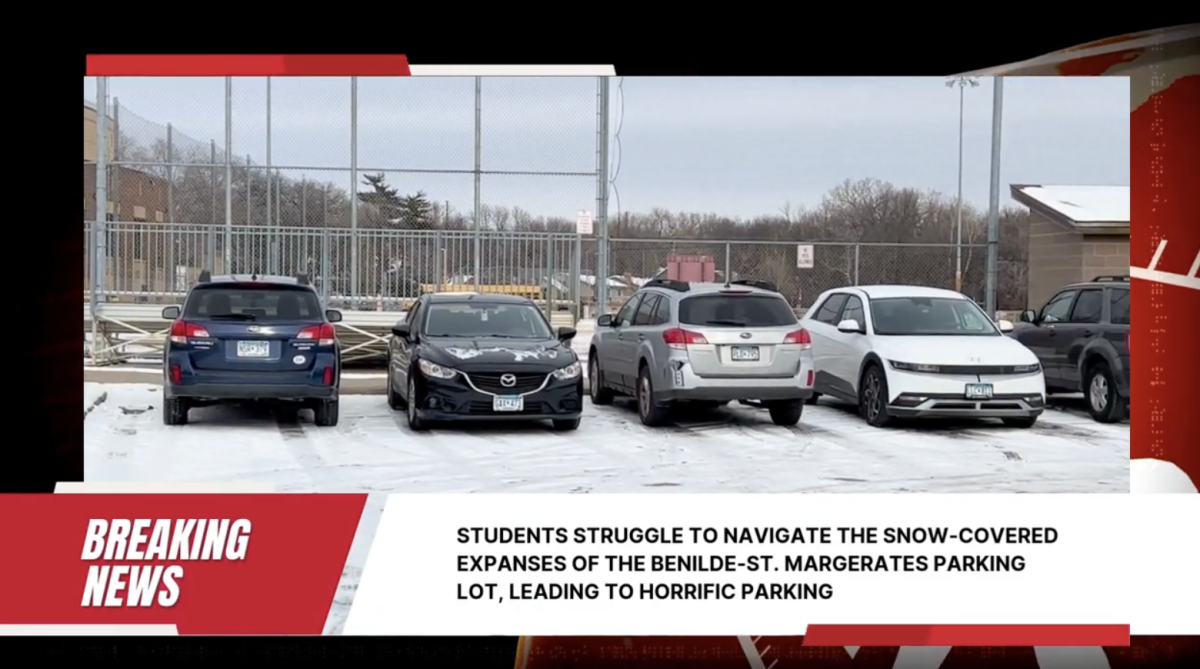

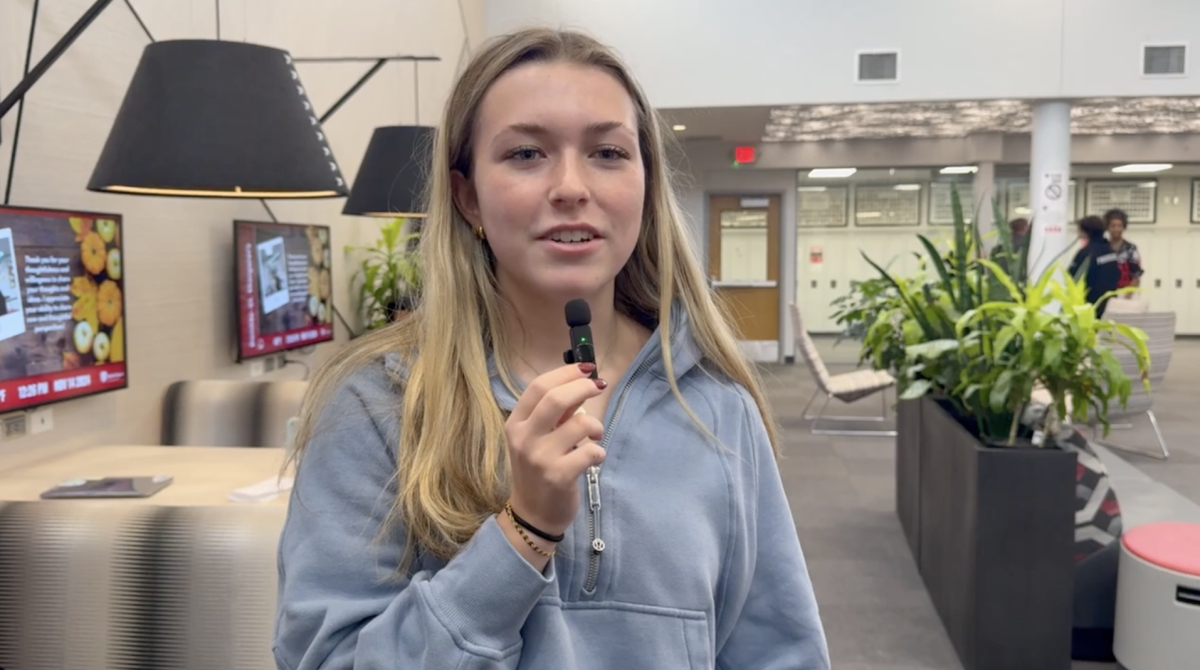



Anonymous • Nov 8, 2009 at 12:18 pm
OK Sean, why don’t you take the first step and let your lawn completely die? It would certainly reduce waste and harmful effects.